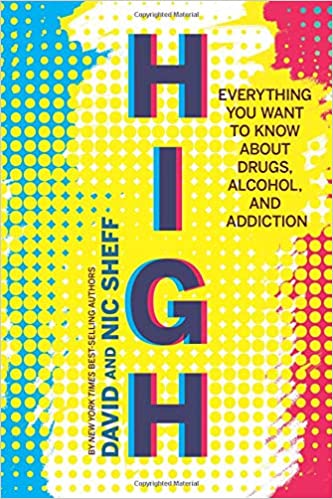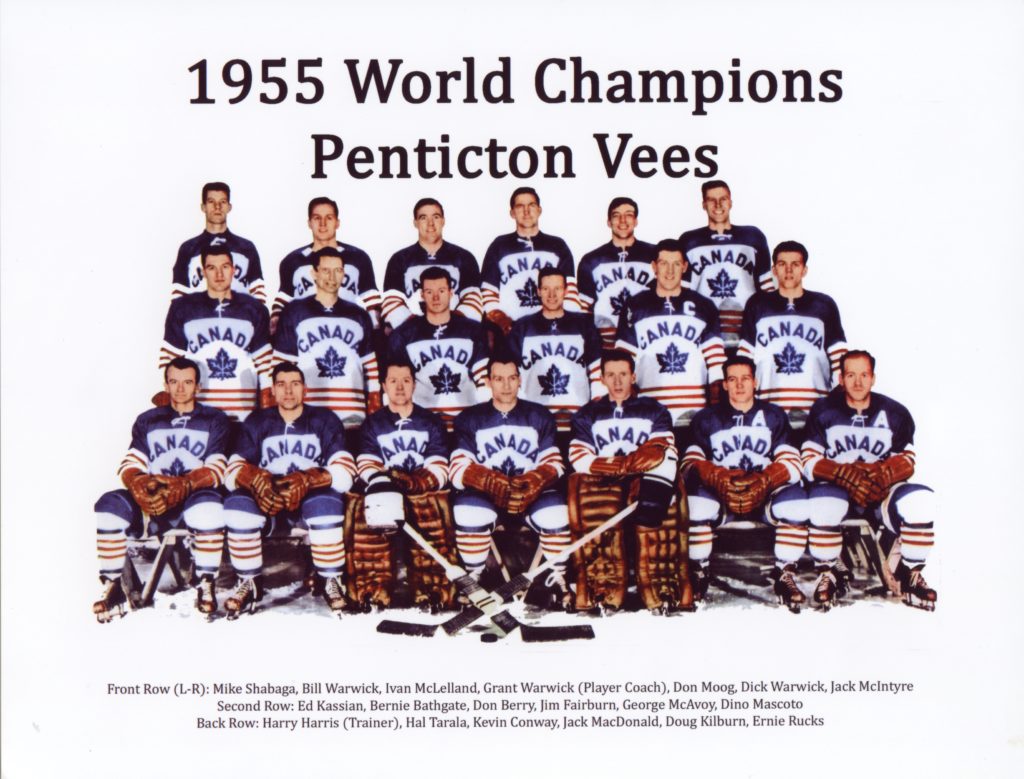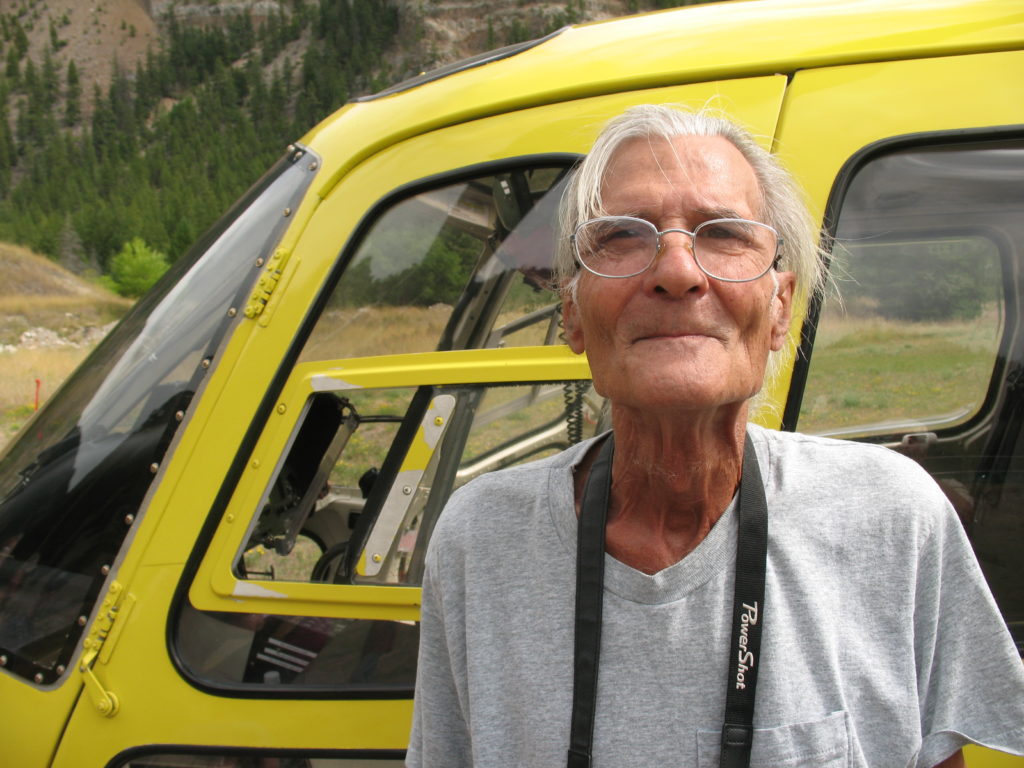
(thehappypuppysite.com)
I was certain Mildred wouldn’t be coping well with the unrelenting barrage of news about COVID-19. At 83 she has the lined face and skimpy frame of a chronic worrier. A life long spinster, she had been our next door neighbour when we lived on the third floor of a condo in Abbotsford. I was pretty sure this morning she’d already have tied her grey hair into a bun and would be sitting before her tv, fearful the virus might slip under the entrance door. Knowing I needed to check on her, I dialed her number. As usual, Mildred answered the phone without a greeting. She just began talking, as though we were in the midst of a conversation.
“Have you heard about that thing that’s going around?” she asked. “I mean the virus. It’s killing people. I just know I’m going to get it. If there’s something going around, I always do.”
Mildred’s words immediately reminded me of Dave Gray’s thoughts concerning beliefs. In “Limminal Thinking” he said, “We construct our beliefs, mostly unconsciously, and thereafter they hold us captive. They blind us to possibilities and subject us to fog, fear and doubt.”
“If you’re following the advice of the medical authorities, you should be safe,” I suggested. “Are you washing your hands with soap under warm running water and not getting close to people?”
“Oh yes,” she replied. “I wash my hands every half hour and I’m staying inside, with my door locked. It’s just Daisy, my mini-spaniel, and me. I don’t answer the phone unless I recognize the number. I haven’t even gone down to check my mail. By now my box is probably filled with junk mail.”
This was classic Mildred, always expecting misfortune. Her parents had experienced extreme hardship in the Great Depression and they had bequeathed to her the belief that disaster was skulking about her constantly, ready to pounce. She once told me that at age 18 she had fallen in love with a young man studying to become a doctor. When he graduated they set a wedding date. Then, with the prodding of her mother, she began thinking of everything that could go wrong. She doubted she would be an adequate wife. If they had children, would she be a loving mother? Also, her fiancee had emerged from university with a debt she didn’t believe they could repay.
On the morning of the day they were to be married, apprehension overwhelmed her and she called off the wedding. “It wasn’t a wise decision,” she admitted to Linda and me one day. “I’ve been lonely all my life. Now I mostly stay in my place. Hardly anyone visits me. I guess I’m not good company.”
I had attempted before to pry loose the tentacles of fear and doubt that clung to her, never with any success. Still, I needed to try again. I knew from “Liminal Thinking” that beliefs can limit what we are able to conceive. Paraphrasing Dave Gray I said, “Mildred, believing something doesn’t make it real. Beliefs can actually create blind spots that cause us to miss good things.” Cancelling the wedding was certainly an example of this but I knew mentioning it would be painful for her.
“I’m an old woman,” she replied. “You have talked about these things before and I have thought about them.” She sighed, then said, “Maybe I’ve had too many birthdays to change.”
I sensed that Mildred’s beliefs had become her reality. Dave Gray says “it’s easy to confuse beliefs with reality. Beliefs are imperfect models for navigating a complex, unknowable reality.” This concept seemed to apply to Mildred but I decided it wouldn’t be fair to ask her to wrestle with it.
Wanting to get her mind off the virus, I suggested, “Mildred, you’ll be much happier if you turn off the news programs and read a good novel. By now Daisy must be weary of hearing politicians and doctors say we need to practise social distancing. Read her an uplifting story. You could also call some friends and have a phone visit. They’re probably as restless as you.”
“Ok,” she said, “I get your point. I’ll do something different. Maybe I’ll order in pizza for Daisy and myself.” Then, as usual, she didn’t say good-bye. There was a click and I knew the conversation was finished. I hope Daisy likes pizza.




